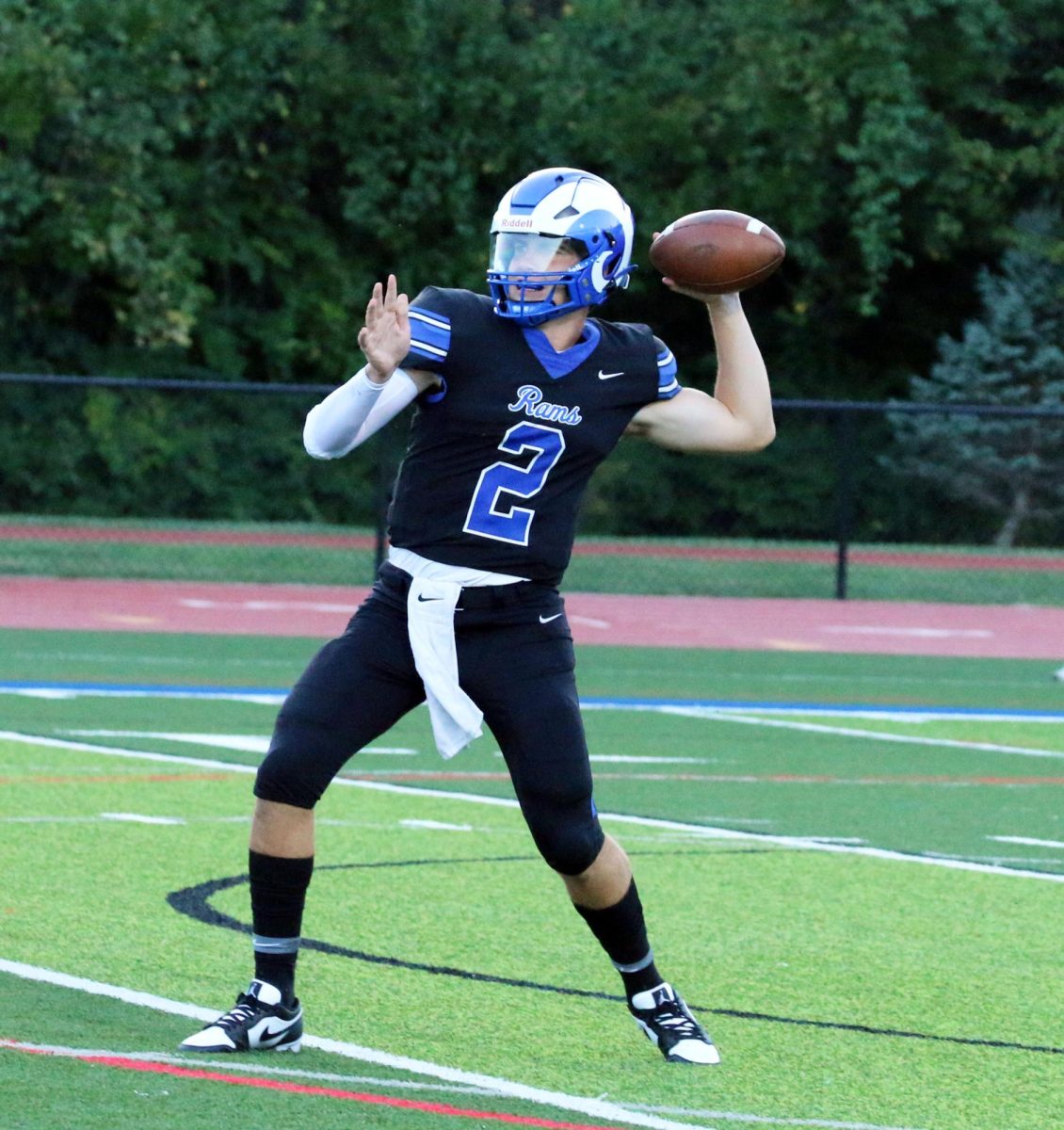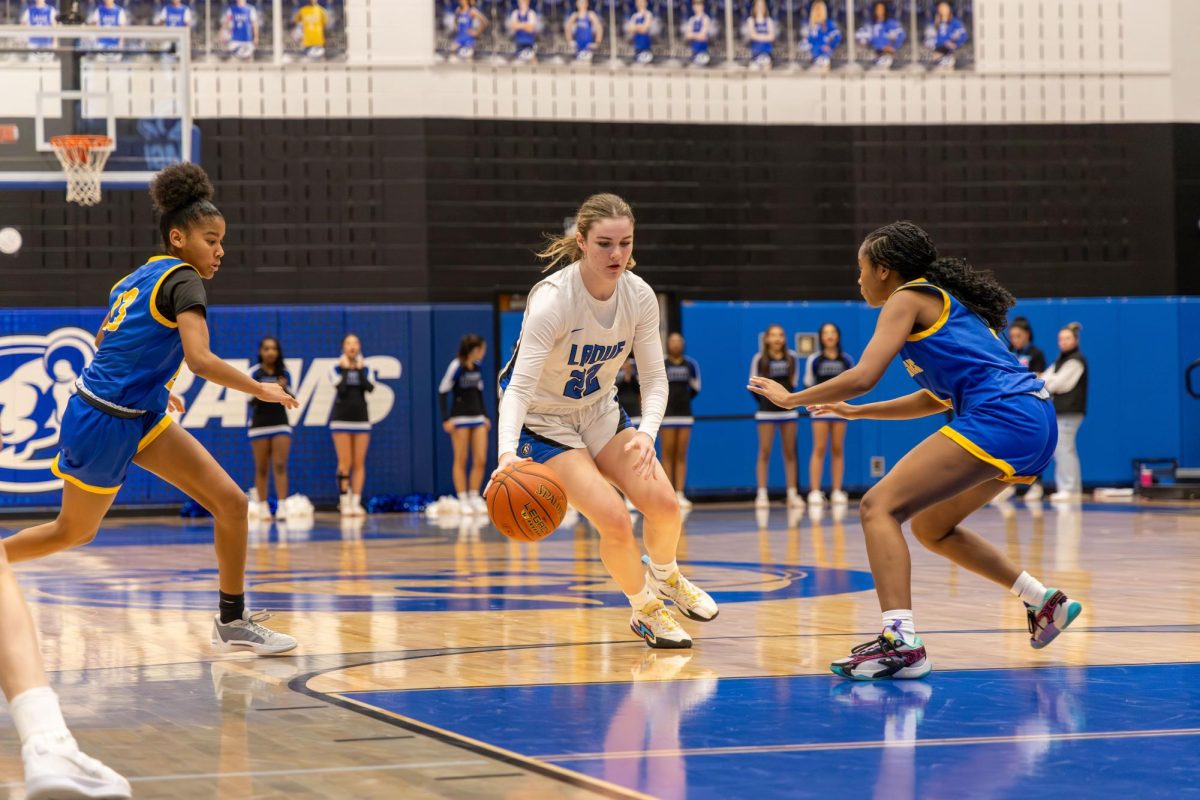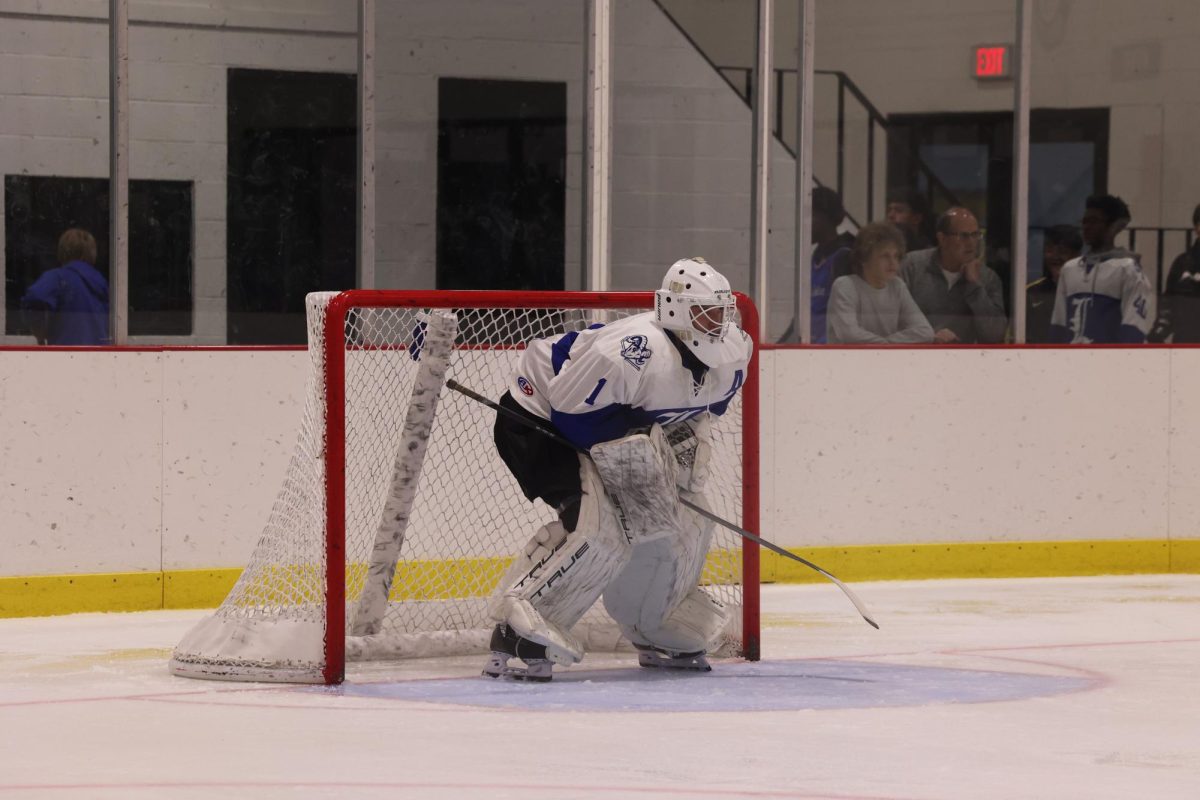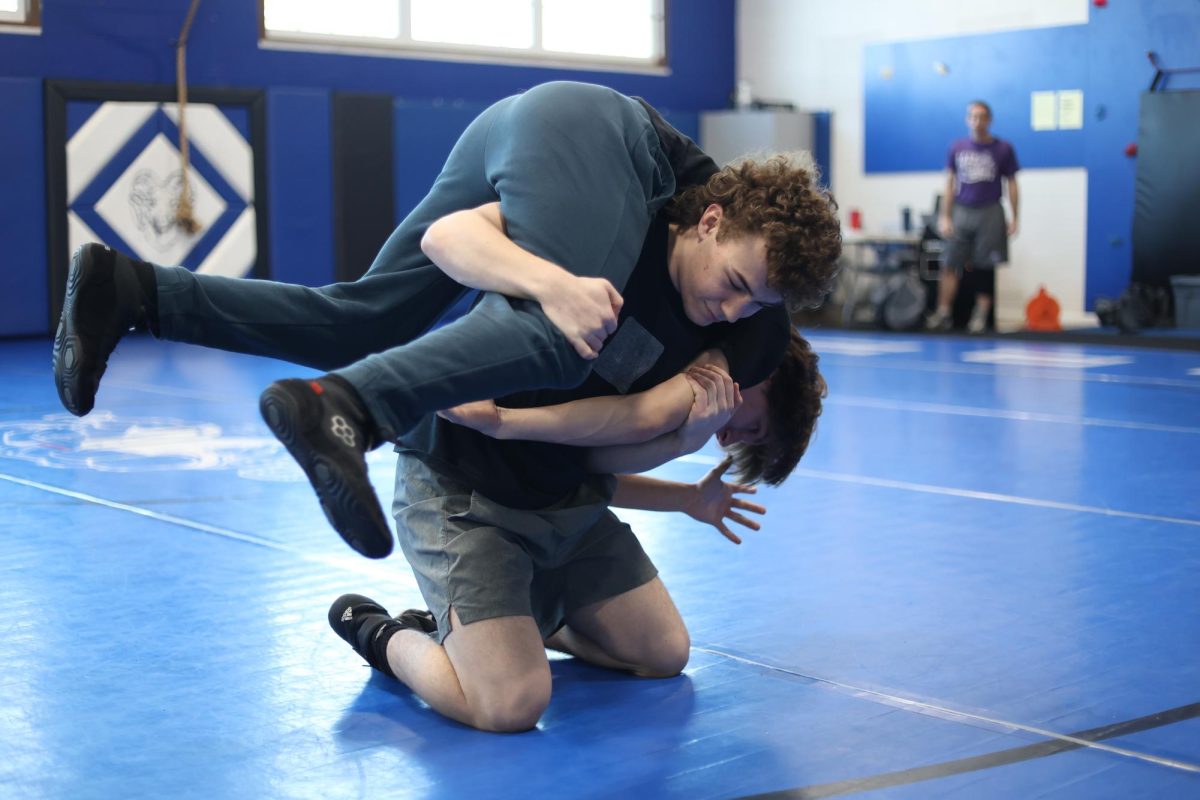The clock winds with persistence, each tick bringing you closer to the moment you’ve been waiting for. Game time. The clock reads 6:30 p.m., only 30 minutes until the game. Thoughts filter in and out of your brain, tempting you to lose focus. In critical moments like these, being able to stay mentally prepared and vigilant is imperative for student athletes’ success.
Samantha Hillman
For junior field hockey captain Samantha Hillman, becoming mentally prepared for a game starts with the previous game.
“Every time I play a game… I give myself two pointers for the next game that I want to focus on,” Hillman said.
Having played field hockey for the last eight years of her life, Hillman has dedicated a great deal of time preparing herself for high school field hockey games. Because of the time she’s invested, being mentally prepared for her games is a priority.
“I think [mental preparedness] is just as important as how good of a player you are. If you’re not ready for the game, you’re not [going to] perform well,” Hillman said. “You have to be ready to push yourself and you can’t do that if you’re not in a good mindset.”
Jeha Hwang
Sophomore and varsity soccer player Jeha Hwang understands just how important the mental side of sports is, and how important it is to be mentally prepared for his soccer games.
“I like imagining myself doing what I’m going to be doing in game to mentally prepare myself,” Hwang said.
For many athletes, music is a crucial part of their pregame routine. This is no different for Hwang.
“I usually listen to hype music before the games,” Hwang said. “So I got [Playboi] Carti going on and all that type of [music]. It helps me get focused and it puts me in a [mental state] of getting ready to play.”
Playing varsity soccer asa sophomore, Hwang is already ahead of the curve compared to most. A large part of that correlates to how Hwang understands the importance of being psychologically prepared and how that translates to success.
“I think [being mentally prepared] helps a lot because if you’re not focused, you’re just all over the field and you’re playing sloppy,” Hwang said.
Beau Dolan
Pregame routines are key for all athletes to be mentally prepared for games and it is no different for varsity football team captain Beau Dolan.
“I like to go through each play and see what the defense is going to do,” Dolan said. “I like to just visualize myself throwing touchdowns and stuff like that. Just good visualizations. I feel like it really gives you confidence and helps you in the game.”
As a four-year starting quarterback, Dolan has had an abundance of time to carve out good habits. For Dolan, an important aspect of being mentally prepared for games is consistent habits.
“I always warm up the same way… I’ll usually eat the same things on game days and drink the same things,” Dolan said.
Despite the physical nature of football, Dolan understands how important being mentally prepared is. He has been able to learn how the mental side of sports can directly determine game performance.
“Football is such a physical game, but half of it is completely mental,” Dolan said. “Especially [for a] quarterback. If you’re not in the right mental state, you will fail. After games, my body will hurt and I’ll have a headache, so it just shows you how much thinking and processing there is through the game. If you’re in a bad mental state you won’t succeed.”





![Alexandra Tsygankov (12) runs on the track Nov. 18. She has run cross country for the last four years, since her freshman year. “It’s going to be the friendships and the person you grow [into] that’s gonna matter more than anything,” Tsygankov said.](https://laduepublications.com/wp-content/uploads/2024/12/Hsiao_20241118_PanoDecHealthSports_AlexTsy_001-1200x800.jpg)



